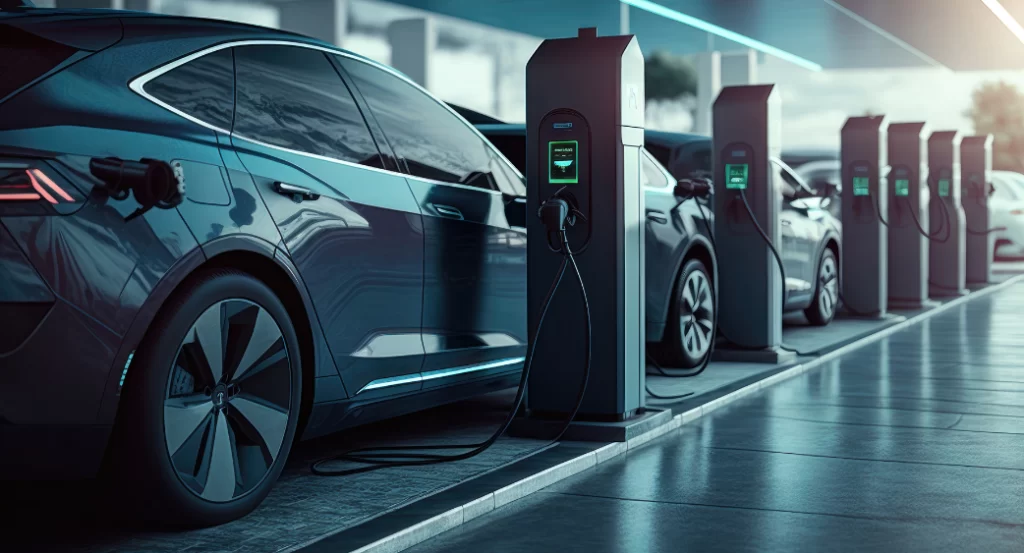
The adoption of electric transportation models in Africa is ushering in a new era of low-cost travel, improving accessibility within and between cities while reducing emissions in the industry.
Several African countries are making significant strides in advancing Electric Vehicle (EV) integration.
Nigeria: In Nigeria, the Lagos Metropolitan Area Transport Authority has launched an electric train service on the Lagos Rail Mass Transit (LRMT) Blue Line to ease the city’s traffic congestion.
The LRMT Blue Line aims to accommodate up to 500,000 daily users upon completion. Nigerian electric mobility company, Possible Electric Vehicle Solution, plans to establish EV assembly plants in Nigeria, with a production target of 10,000 EVs annually, aligning with Africa’s growing EV sector forecasted to reach $21.4 billion by 2027.
South Africa: South Africa is actively promoting the adoption and production of EVs. The country’s top online retailer, Takealot, has introduced an electric truck fleet in collaboration with renewable energy company Aeversa and vehicle supplier Avis.
They have also unveiled the largest DC fast charging station in the Western Cape, set to deliver 240 kW capacity in 2023, a significant milestone for the commercial vehicle industry.
These electric trucks, operational from October 2023, are part of Takealot’s sustainability initiative.
Clean energy companies, Divaine Growth Solutions and Oando, are collaborating to launch an EV ecosystem in Cape Town.
The initiative includes procuring electric buses, installing charging stations, and supporting renewable power projects, with a focus on creating job opportunities, fostering innovation, and aligning with climate objectives.
Egypt: Egypt is taking the lead in North African EV efforts. EgyptSat Auto, in partnership with the Arab Academy for Science, Technology, and Maritime Transport, plans to launch Egypt’s first locally produced EV in early 2024.
The company has received a license to establish an EV factory, generating jobs and promoting entrepreneurship.
Additionally, Shift EV and BluEV have been authorized to convert over 100,000 internal combustion vehicles into electric drives, further supporting Egypt’s EV transition.
Kenya: Kenya Power is on a mission to convert its fleet of 2,000 gasoline and diesel vehicles to electric models over four years.
Private enterprises like Roam, Opibus, and BasiGo are actively advancing EV developments, with BasiGo securing funding for local electric bus production.
Rwanda: Rwanda is witnessing a growing start-up ecosystem focused on EVs, with over 20 start-ups raising significant investments.
Volkswagen has commenced electric car production in Kigali, and Siemens plans to install charging stations in the capital. Ampersand, a Rwandan company, introduced electric bicycles with impressive battery ranges.
Uganda: Uganda’s Kiira Motors Corporation, a state-owned facility, has demonstrated its commitment to electric mobility by creating battery-powered cars and a solar-powered bus known as the Kayoola Electric Vehicle Series, boasting impressive performance and efficiency.
Africa is making remarkable progress in embracing electric transportation, fostering innovation, reducing emissions, and improving accessibility across the continent.





